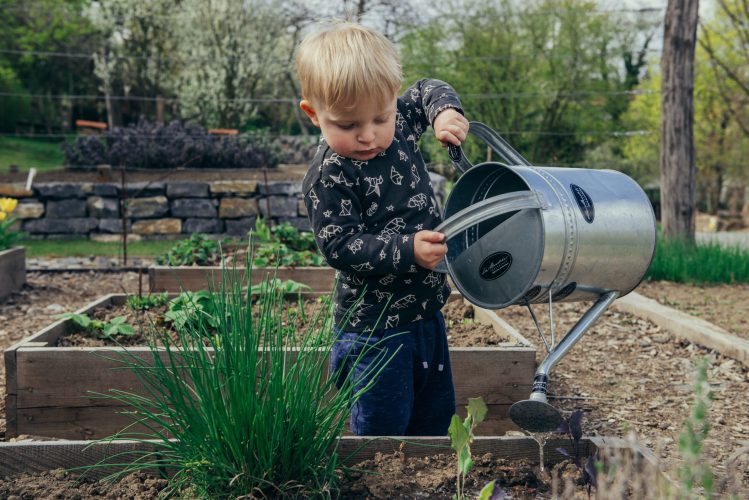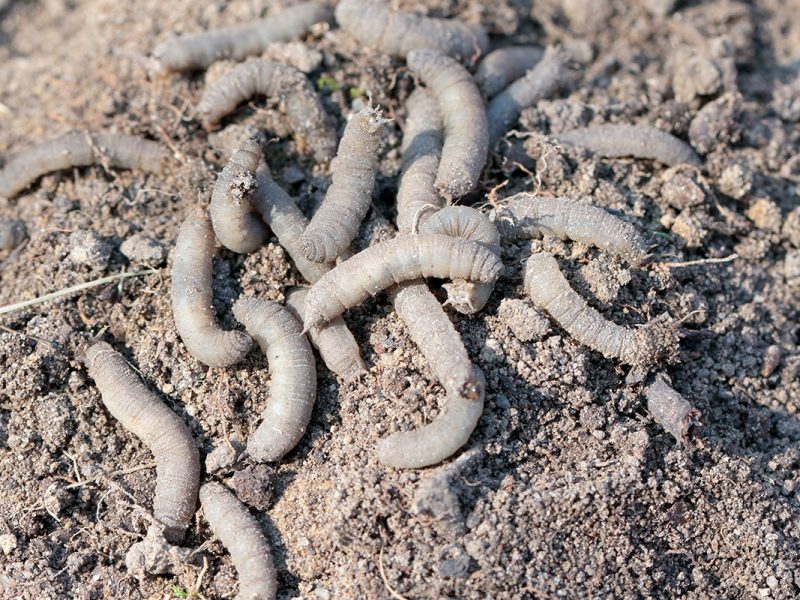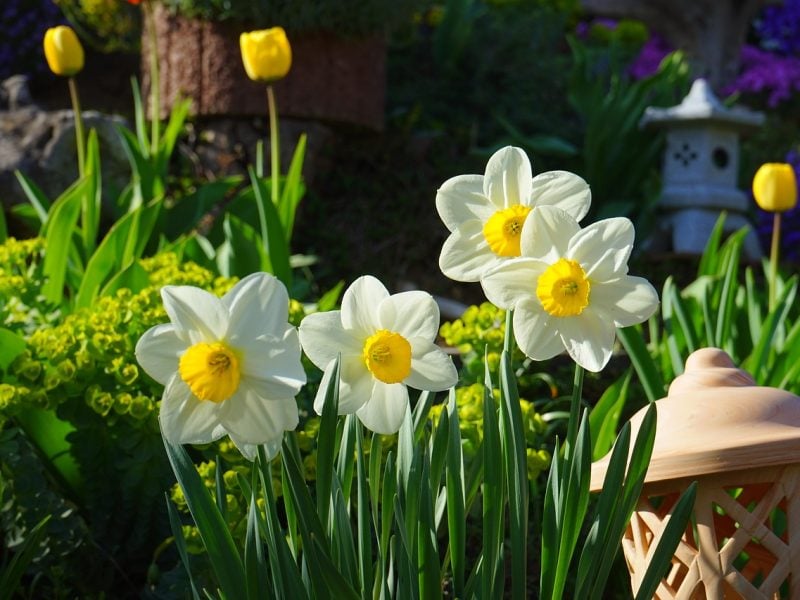Keeping the children (or grandchildren) entertained over the summer holidays isn’t always easy. While children might relish the freedom of not being in school, towards the end of August – around the time those ominous ‘Back to School’ adverts start popping up in every shop window – kids can start to become a bit restless and bored.
This can be especially frustrating for parents and grandparents who feel like they’ve exhausted all avenues over the summer trying to find cost-effective ways of keeping the little ones entertained. At the end of the summer, avoiding the temptation to sit them down in front of a screen all day can be tricky. But at Greensleeves, we believe that green spaces can bring people together and we believe that gardening with children is a fantastic way to keep the younger generation happy, healthy and (as a bonus!) exhausted by the end of the day.
Here are a few ideas for things to do in the garden now with your children…
Plant some leafy greens
There’s no better way to make your children appreciate where their food actually comes from, and to develop an interest in healthy food, than by getting their hands in the soil and growing things for themselves to put on the table.
Late August is a particularly good period to do some vegetable gardening with the kids, as now is the time to plant those leafy greens that children seem to particularly struggle with at lunchtime. Spinach, Swiss chard, lettuce and, if you’re feeling brave, rocket are all good contenders to plant now.
A big plus is the fact that these are all things easily grown from seed, allowing kids to understand the life cycle of plants. These vegetables will keep cropping right through to the first frosts, so each weekend you can return to the veg patch to see how things are faring with them.
Put some bulbs down
Planting flower bulbs with kids is a fantastic activity: it teaches them about the importance of planning for the future, as the hard work they do now will result in joyous, colourful flowers decorating the garden in the new year.
Alan Titchmarsh says you can plant daffodil bulbs as early as August, and as we move to the very start of September snowdrops, hyacinths and crocuses can all be planted too.
Another reason to get the little ones to help with bulb planting is that their smaller stature makes them perfectly adapted to place them in the ground and cover them back over… saving you unnecessary back and knee strain!
Native wildflowers
Research suggests that children are increasingly fearful for the future due to their awareness of environmental concerns.
Help to alleviate these fears by dedicating a portion of your garden to native wildflowers, which is one of the best ways individuals can help to give a boost to all the important creepy crawlies that make life on Earth possible.
Teach them to mow
Teenagers may relish being trusted with the chore of mowing the lawn. It’s an activity we can all probably remember performing for the first time with much excitement – but it is important to be safe.
According to the Royal Society for the Prevention of Accidents, lawnmowers are the most dangerous domestic garden tool, responsible for 6,500 accidents each year. While we couldn’t find any specific legislation referring to a safe age to allow a child to use a lawnmower in the UK, the Health and Safety Executive (HSE) states that: “It is against the law to allow a child under 13 to ride on or drive agricultural self-propelled machines (such as tractors) and certain other farm machinery,” which we feel provides a good guideline.
Even still, we recommend only allowing sensible teenagers to do so under great supervision and instruction to keep them safe.
Tidy up
While you might struggle to get them to clean their rooms, children seem to enjoy helping out with lawn work. As autumn sits on the horizon, you’ll start to notice more and more foliage and other detritus accumulating on the lawn. It’s important to clean this up promptly to prevent lawn disease and fungal growth that can cause serious damage to the grass.
This can be a bit of a chore, especially if you’re doing it every day. But roping the kids in to help is a great way to ease the burden. If they put up any resistance, a little incentivisation never hurt anyone.





